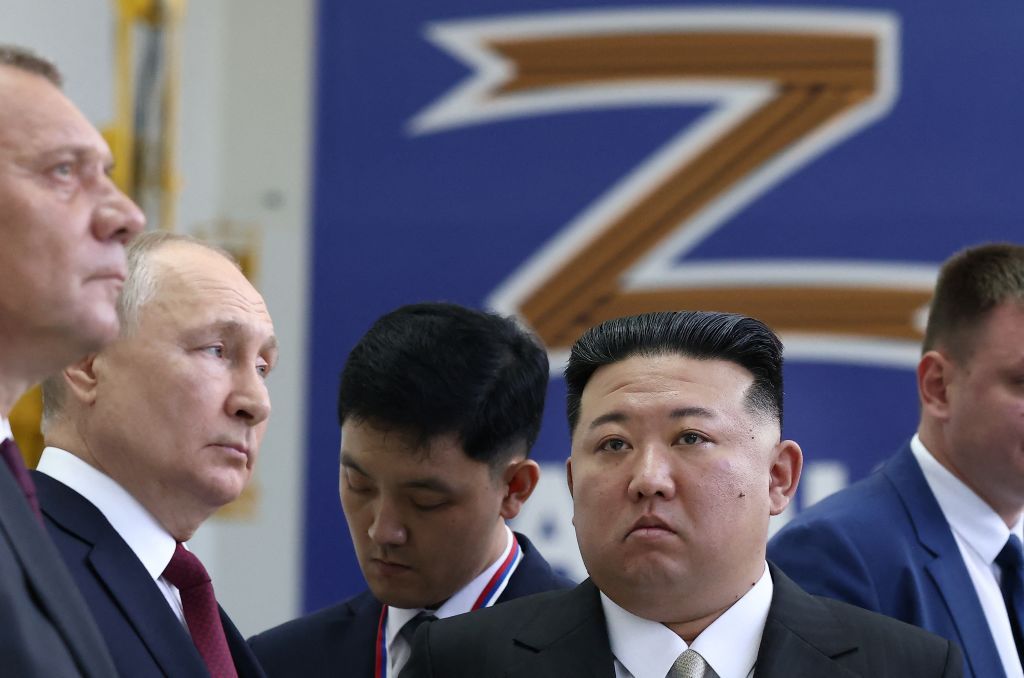Report: North Korean missiles used by Russia against Ukraine contain US, European components

A North Korean ballistic missile fired into Ukraine by the Russian military last month contained hundreds of components produced by companies in the U.S. and Europe, the Conflict Armament Research (CAR) organization announced in its February report.
CAR, an organization based in the U.K., studied missile remnants recovered from a Russian attack on the city of Kharkiv back in January. Not only did many of the recovered components display brands of companies based primarily in the U.S., but a large number of them were produced within the last three years.
Investigators determined that the North Korean ballistic missile included more than 290 non-domestic electronic components.
According to CNN, around 75% of the missile components were designed and sold in the United States, and 16% of components were linked to companies in Europe.
These foreign components mostly comprised the missile's navigation system, tracing back to 26 companies headquartered in the U.S., China, Germany, Japan, Singapore, Switzerland, the Netherlands, and Taiwan.
The CAR report does not name the specific companies linked to North Korean missiles as there is no evidence that they directly shipped weapons parts to the country. Instead, these components were likely rerouted somewhere along the global supply chain when the companies sold them to international distributors.
CAR findings also indicate that North Korea has been able to manufacture these ballistic missiles and swiftly export them to Russia despite 2006 United Nations Security Council sanctions that prohibit the production of ballistic missiles by North Korea.
The U.S. and nearly 50 countries condemned the transfer and the use of North Korean missiles by Russia, calling for an immediate end to the delivery of weapons from Pyongyang to Moscow.
Earlier this month, Ukraine's Prosecutor General announced that Russia had launched at least 24 North Korean missiles into the country.
The new CAR report demonstrates that countries facing substantial economic and political sanctions, like Russia and North Korea, continue to benefit from global markets.













